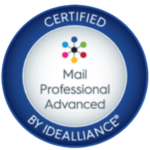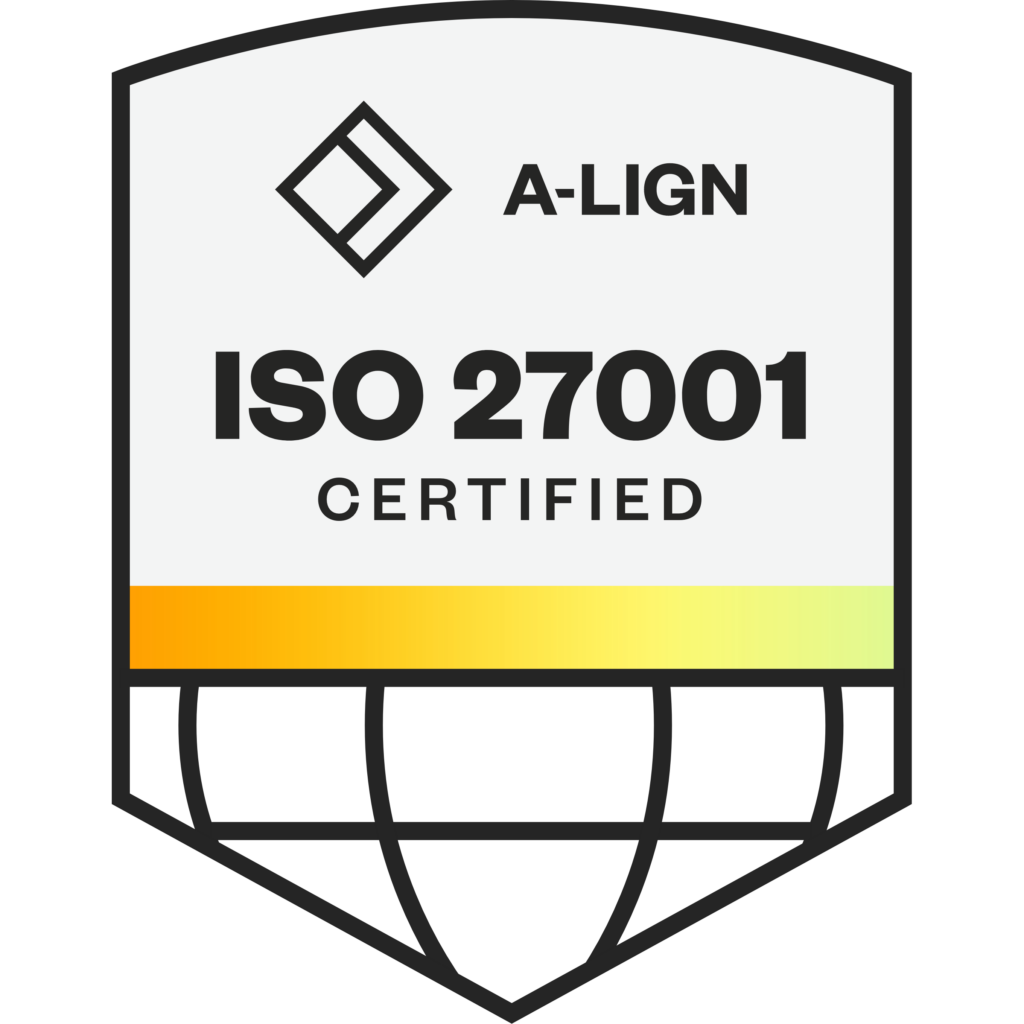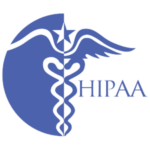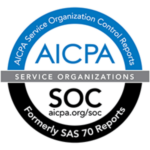
Drummond helps brands take their customers’ experience to the next level by bridging the gap between digital and print, simplifying the process of taking an idea from concept to execution, and delivering the right solutions on time, every time. Our innovative, technology-powered, full-service printing and distribution capabilities enable greater precision and efficiency, while driving better outcomes for companies looking to connect and elevate the customer experience online, in-home, and in-store.






